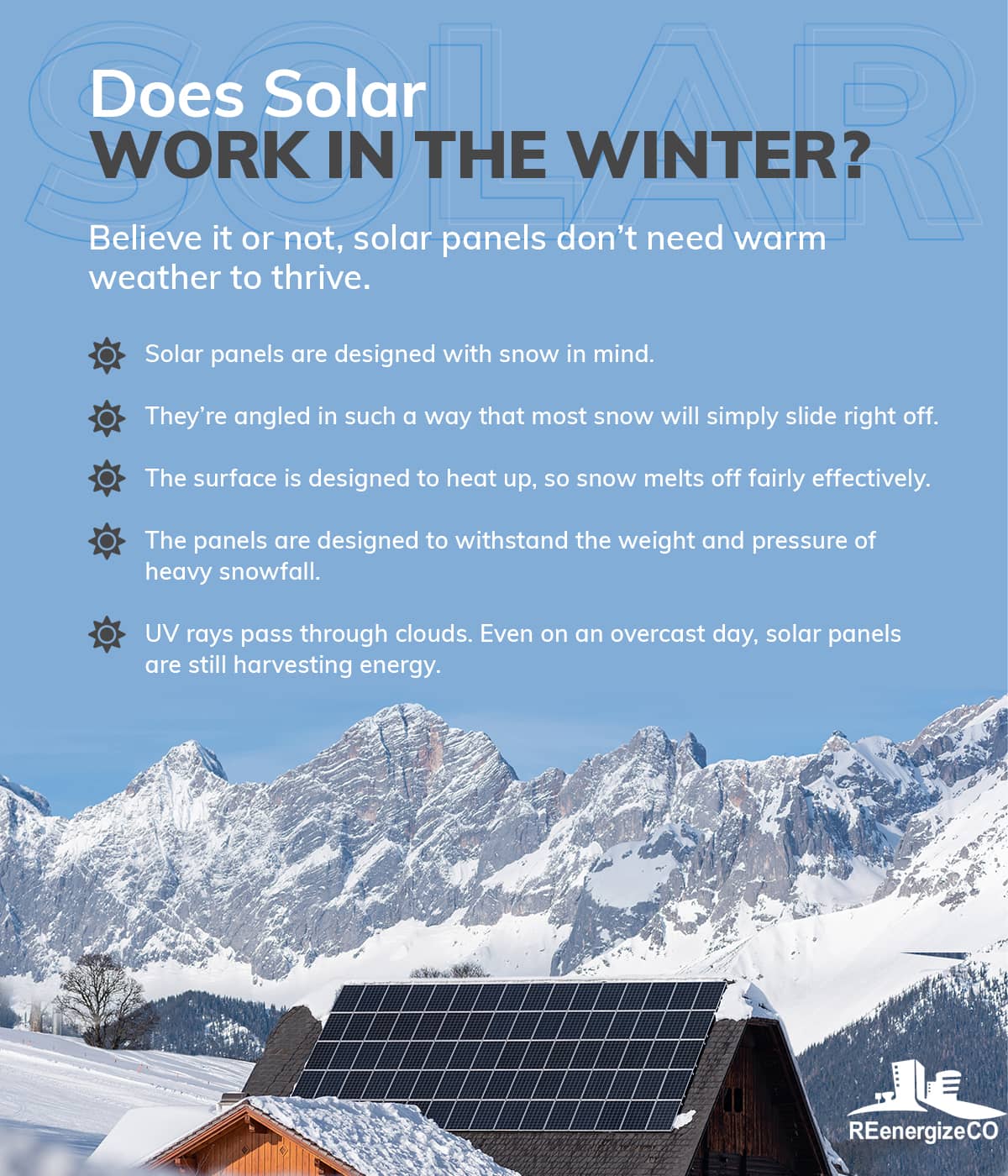
Mastering Winter: Best Practices for Solar Panel Care
Introduction to Winter Solar Panel Care
As winter sets in, solar panel owners need to pay special attention to the care and maintenance of their systems. Harsh weather conditions, reduced sunlight hours, and potential snow accumulation pose challenges. Let’s explore the best practices for ensuring optimal performance and longevity of solar panels during the winter months.
Regular Cleaning for Maximum Efficiency
Winter brings not only cold temperatures but also increased chances of dirt, dust, and snow accumulation on solar panels. Regular cleaning is essential to maintain peak efficiency. Clearing away debris ensures that sunlight can reach the photovoltaic cells unobstructed, maximizing the energy conversion process. Cleaning should be done carefully using non-abrasive materials to avoid damage to the panels.
Snow Removal Strategies
Snow accumulation on solar panels can significantly impact their performance. While snow can slide off inclined panels naturally, flat or less inclined surfaces may require manual removal. Gently brushing off snow using a soft-bristled brush or allowing it to melt naturally can prevent prolonged periods of energy loss. Exercise caution to avoid damaging the panels during snow removal.
Navigating Winter Challenges: Solar Panel Care Best Practices
Monitoring and Adjusting Tilt Angle
Adjusting the tilt angle of solar panels during winter can enhance their efficiency. In many regions, the winter sun takes a lower path across the sky. By tilting the panels slightly more upright, they can capture more sunlight during the shorter days. This adjustment helps compensate for the sun’s lower angle, optimizing energy production during the winter months.
Investing in Snow-Resistant Coatings
For regions prone to heavy snowfall, investing in snow-resistant coatings can be a proactive measure. These coatings, often hydrophobic, discourage snow from sticking to the panel surface. Additionally, some coatings can promote self-cleaning, reducing the need for manual intervention. While this may incur initial costs, the long-term benefits in terms of maintenance and performance can be significant.
Ensuring Proper Insulation and Ventilation
Winter conditions not only affect the front surface of solar panels but also the overall system. Ensuring proper insulation and ventilation is crucial to prevent issues like snow accumulation around the panel edges or ice dams. Adequate ventilation helps maintain a consistent temperature, preventing the formation of ice that could impede the functionality of the panels.
Regular System Checks and Professional Inspections
Regular checks on the entire solar panel system are essential to identify and address any issues promptly. This includes inspecting wiring, checking for any physical damage, and ensuring that connections are secure. Additionally, scheduling professional inspections before and after winter can provide a comprehensive assessment of the system’s health and performance.
Optimizing Winter Performance: Solar Panel Care Best Practices
Implementing Heating Systems
In regions with extreme winter conditions, implementing heating systems can be a proactive solution. Heating elements or systems designed to melt snow and ice can ensure continuous energy production. These systems can be integrated into the design of the solar panel setup and activated as needed, preventing the buildup of snow and ice.
Utilizing Solar Panel Covers during Inactivity
In periods of extended inactivity or low energy demand, using solar panel covers can protect the panels from harsh winter elements. Covers shield the panels from snow, ice, and debris, preserving their condition and preventing unnecessary wear. Ensure that covers are securely fastened to prevent damage from wind or other environmental factors.
Conclusion
Winter demands extra attention to ensure the optimal performance and longevity of solar panels. Implementing these best practices, from regular cleaning and snow removal to adjusting tilt angles and investing in protective coatings, can make a significant difference. By proactively caring for solar panels during the winter months, owners can maximize energy production, reduce maintenance costs, and contribute to the sustainability of their renewable energy systems. For more insights on Winter Solar Panel Care Best Practices, visit 800support.org.




